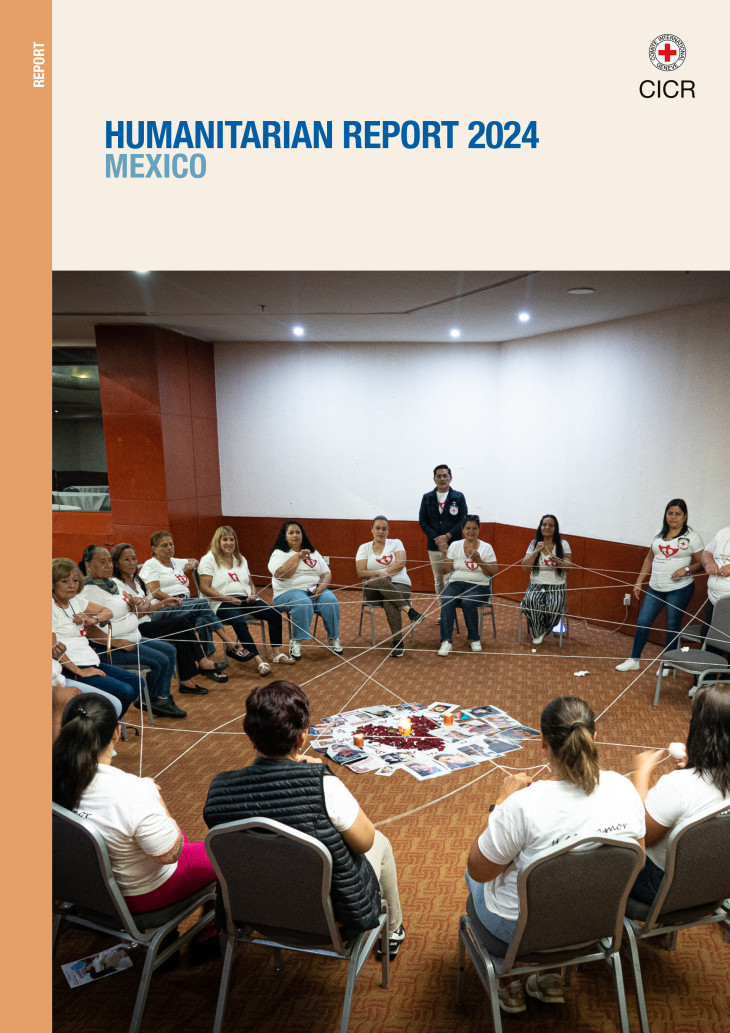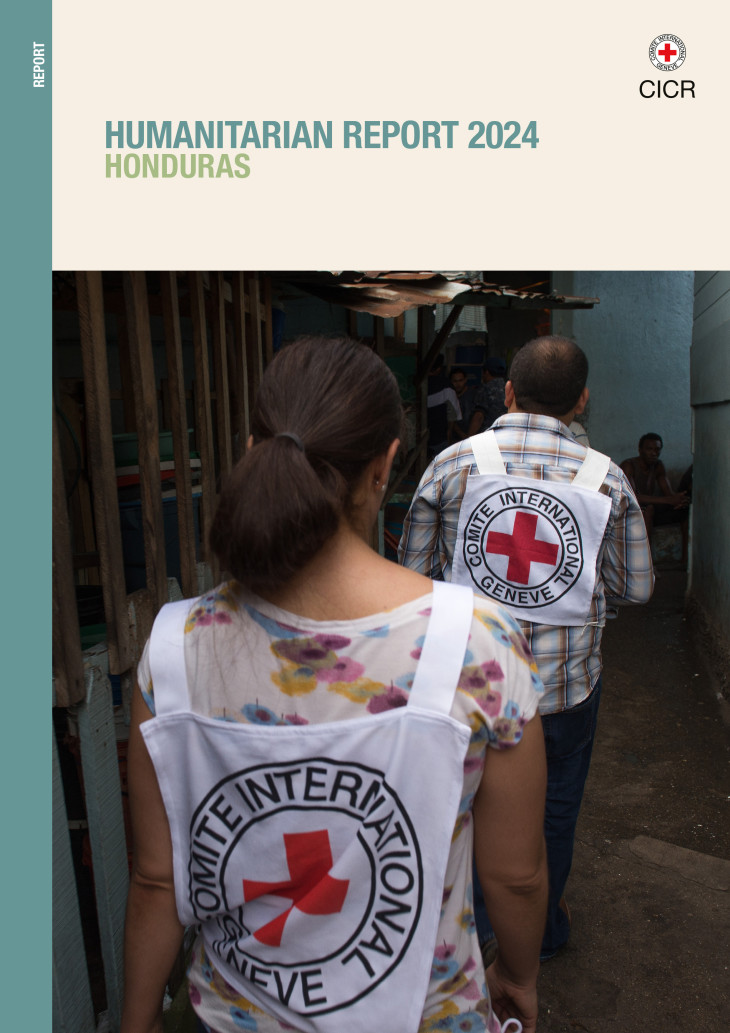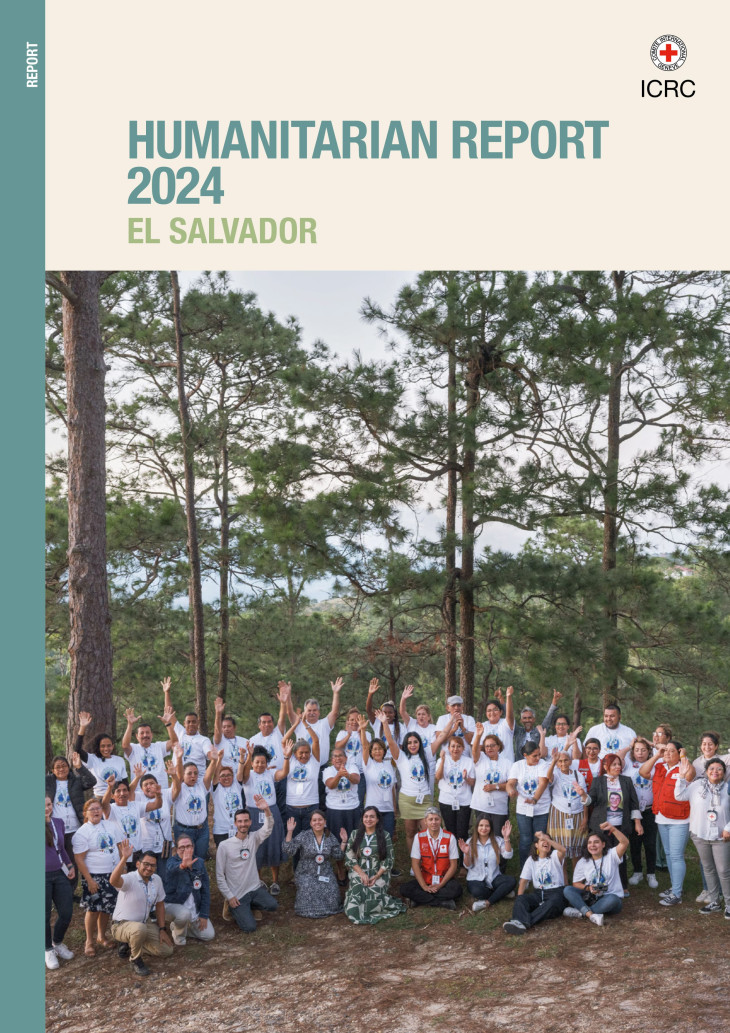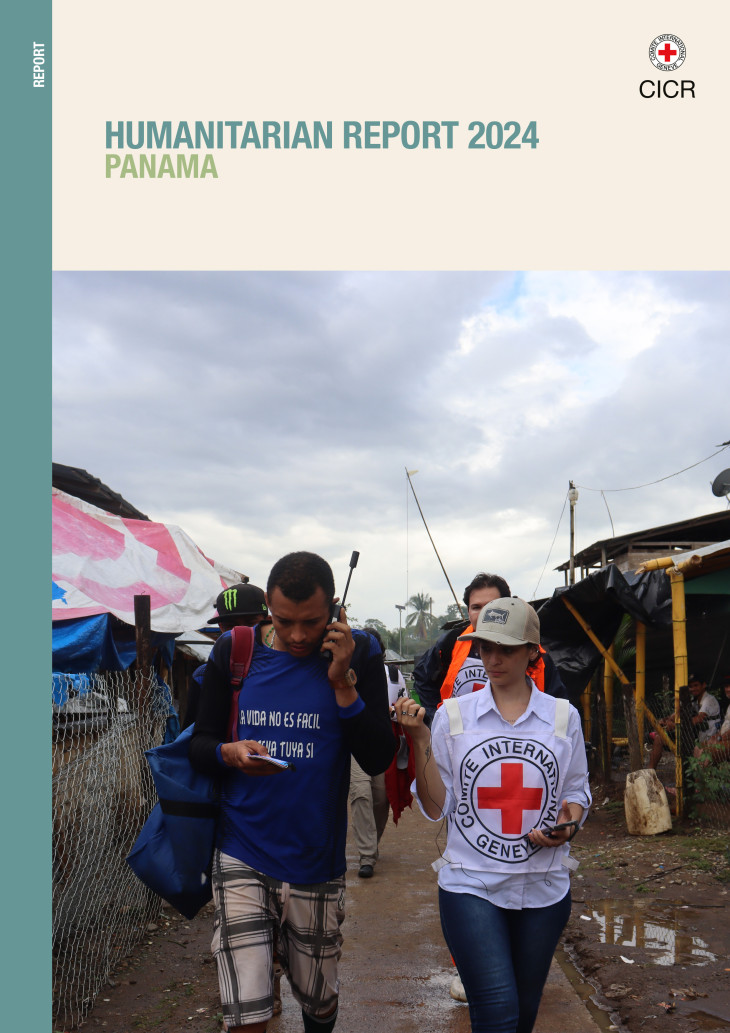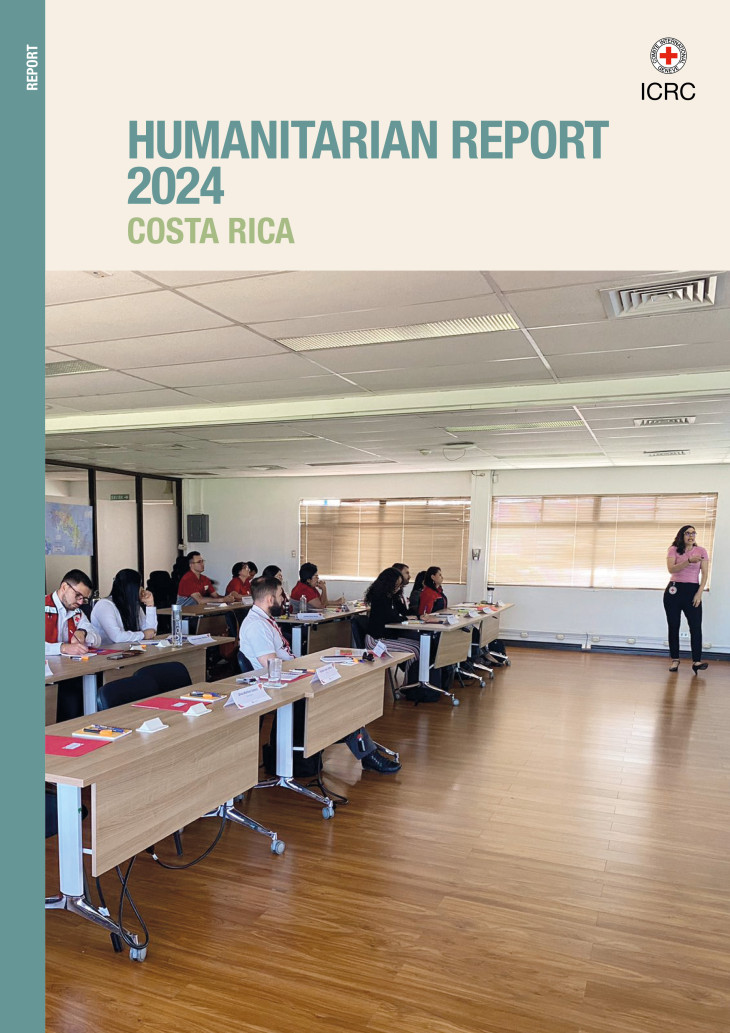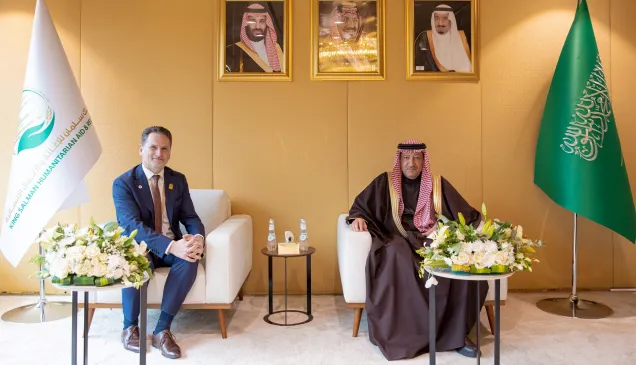Guatemala: Humanitarian Report 2024
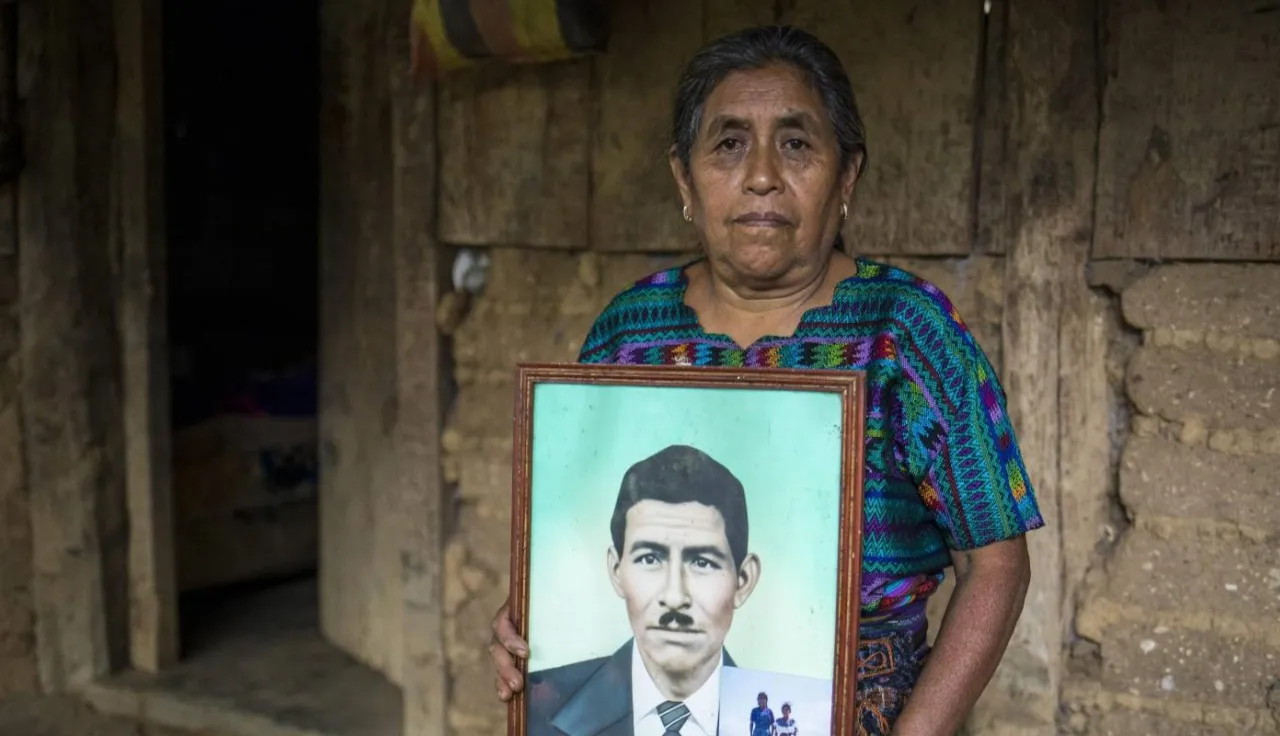
Identifying the needs of families of missing persons enables us to develop tailored solutions that empower them to continue their tireless search for their loved ones. Learn more in our 2024 activity report.
Recognizing and ensuring the rights of missing people and their families: putting right a wrong from the past
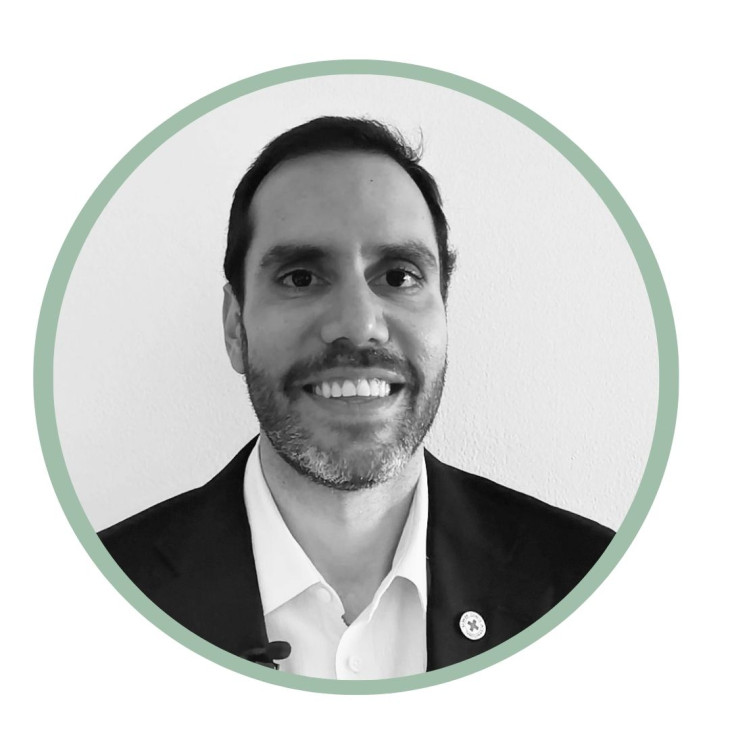
Karim Khallaayoun
Head of mission, Guatemala
When someone disappears, the life of their family and community is turned upside down, never to be the same again. For families desperately seeking news about their loved ones, the disappearance fills them with a deep sense of anguish. Dreams for the future are put on hold and life wavers between the need to carry on searching and the need to move on.
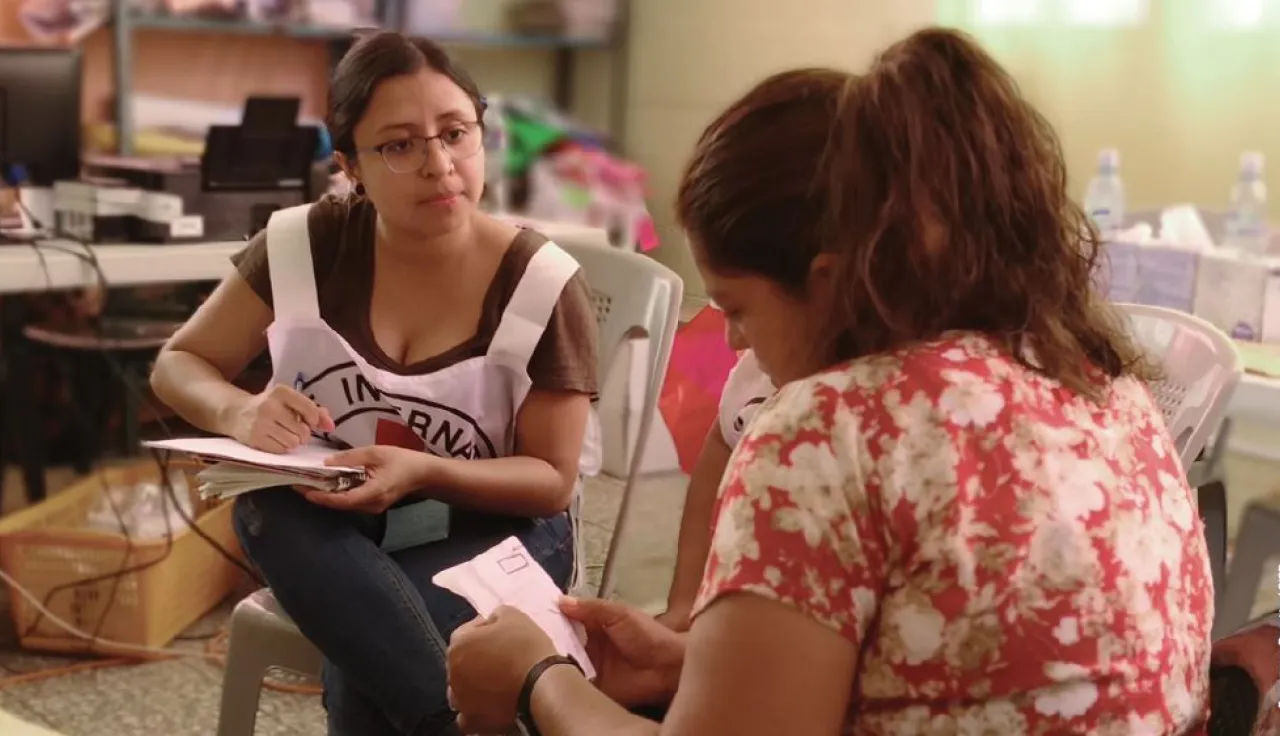
Our work in numbers
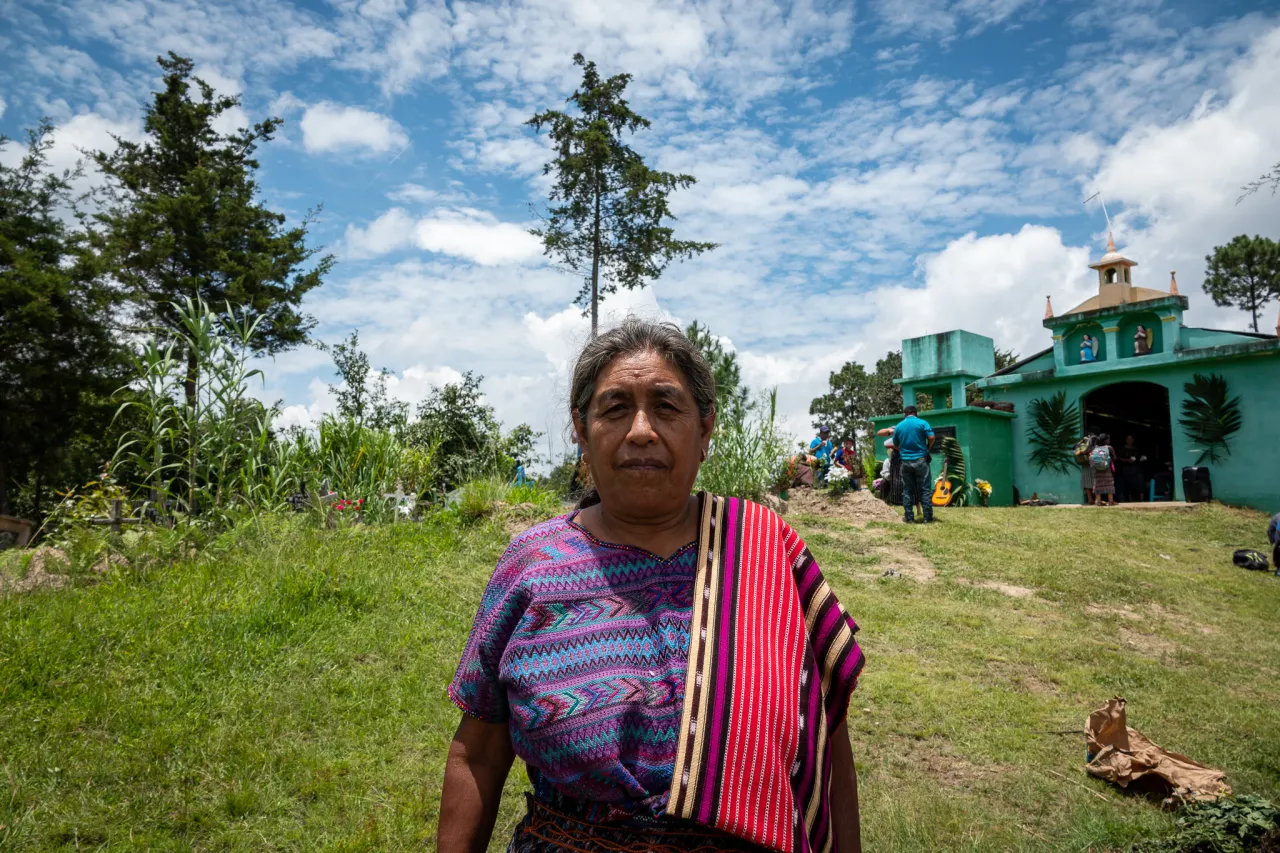
"The places where we exhume bodies are not nice, that's why I keep looking for my father, so that he can be buried in a cemetery. Then I can visit him on Father's Day and on his birthday. One day I will find him and be able to visit the cemetery to leave him a bouquet of flowers".
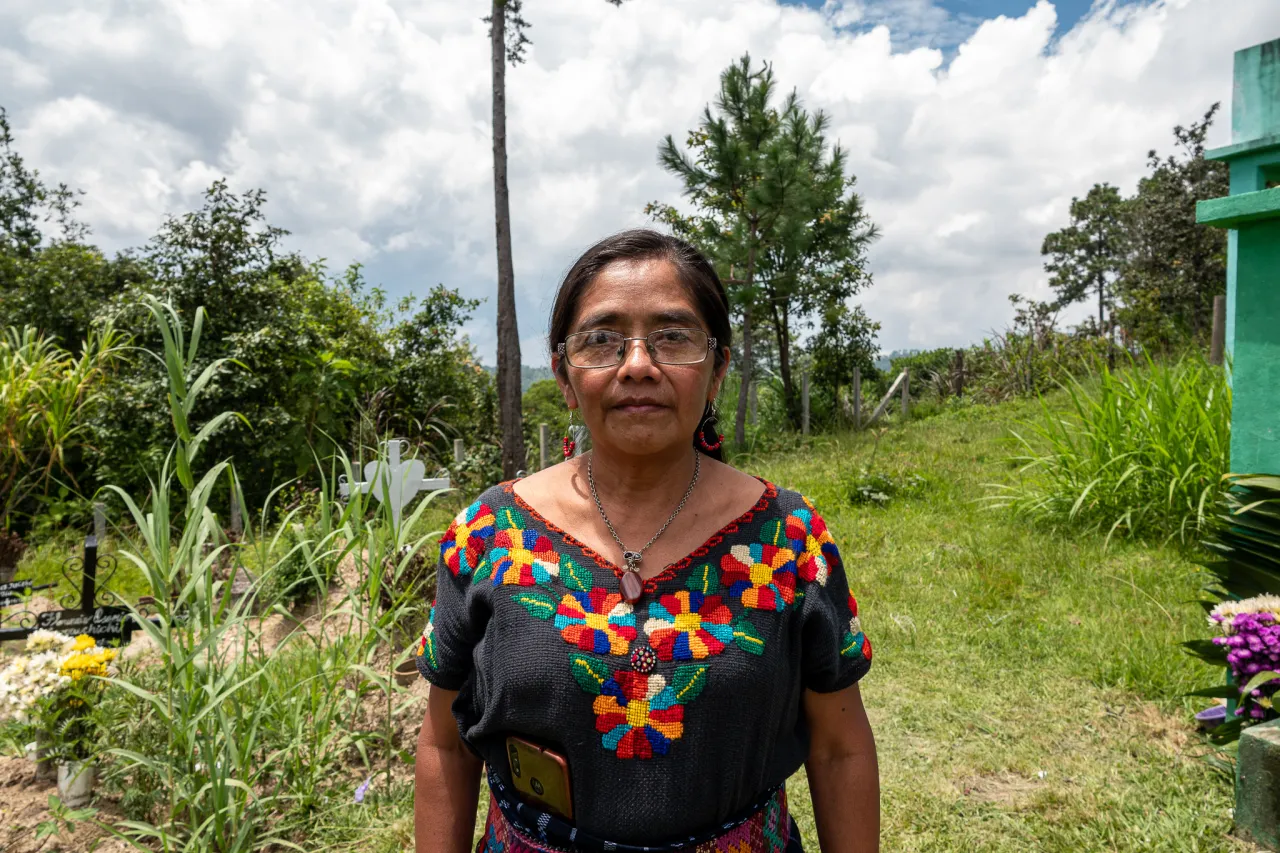
"It is so satisfying for us to be able to contribute to this work. We have worked with the ICRC psychologist and received training to improve our understanding of mental health. Not only has it been a boost to us in our work, but it has also helped us personally, because we have been able to provide feedback on the topics we covered in the diploma course on community mental health, and it improves our work with victims and survivors in communities.
This support is important because the relatives of the people who disappeared were left with so much pain; some never talked about it and now they are ill because of it.
Our presence, willingness to listen and visits allow people to unburden themselves, share their experiences and find relief. Although it is difficult for families to talk at first, we build trust with them over time and then they can open up to us".
Mexico and Central America: "The urgent need for a coordinated response to silent violence"
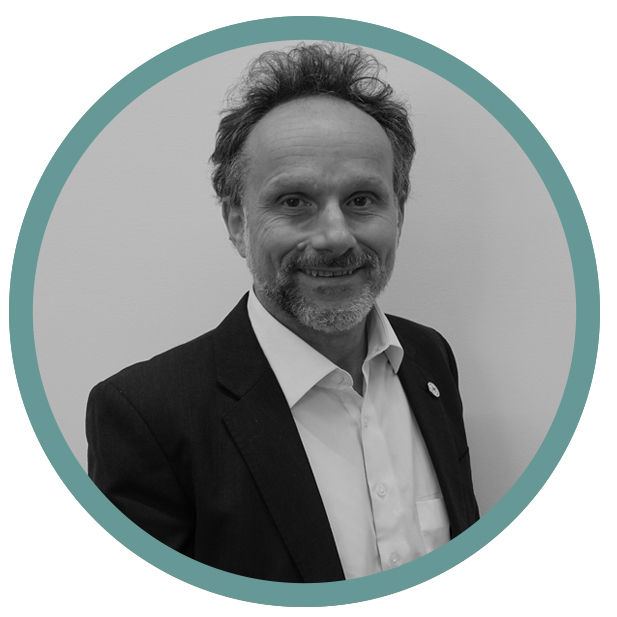
Olivier Dubois
Head of the ICRC's regional delegation for Mexico and Central America
It is this silent violence that worries us the most, because whole families and communities are no longer able to live in peace and follow their dreams, but this violence may go unnoticed. Only those who sit at a comfortable distance can act like nothing is happening and convince themselves that this silence is peaceful rather than fearful.
READ: "THE URGENT NEED FOR A COORDINATED RESPONSE TO SILENT VIOLENCE"

